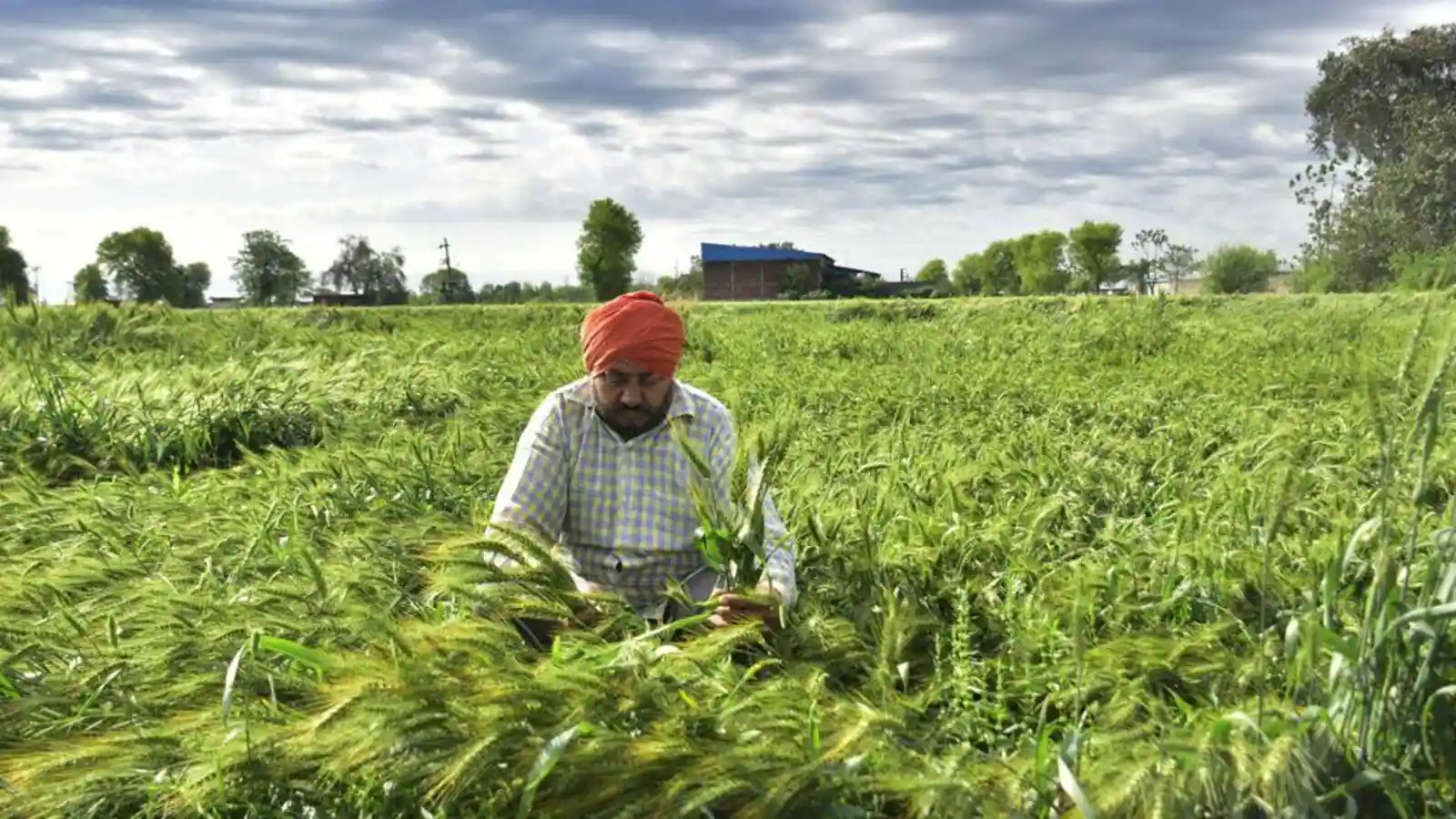A prolonged dry spell is threatening to decimate paddy cultivation across Srinagar and other parts of Jammu & Kashmir, prompting authorities to ramp up promotion of the Pradhan Mantri Fasal Bima Yojana (PMFBY). With thousands of farmers staring at reduced yields and financial losses, the government-backed crop insurance scheme is being positioned as a critical safety net. Enrolment is open until July 31, 2025, offering subsidised coverage to protect both Kharif and Rabi crops from natural disasters.
With drought conditions worsening, paddy fields in the Harwan belt and other farming areas are drying up due to inadequate irrigation. The PMFBY scheme, already rolled out across all 20 districts of Jammu & Kashmir, is being aggressively promoted as a financial shield for farmers. Authorities are urging cultivators of Paddy and Maize for the ongoing Kharif season to enrol by July 31, 2025. Farmers with Kisan Credit Card (KCC) loans are automatically enrolled unless they submit an opt-out request by July 24. Others can register through Common Service Centres. The scheme offers protection from losses due to drought, hailstorms, floods, pest outbreaks, and other unforeseen events. Claims are assessed scientifically through crop-cut experiments. In addition to offering risk coverage from sowing to post-harvest, PMFBY operates on a block-wise insurance unit basis, ensuring localised impact assessment. Current implementation involves four insurance firms, ensuring coordination at multiple administrative levels.
The scheme’s affordability is a key driver of its importance, especially during climate-induced agricultural distress. For Paddy, farmers pay only 2% of the insured amount, with the balance covered by state and central subsidies. For instance, in districts like Anantnag and Jammu, premiums are ₹2,424 for an insured value of ₹1,21,200, while in Baramulla and Kupwara, it’s ₹1,672 for ₹83,580. For Maize, premiums range from ₹893 to ₹1,762, depending on the region. In the Rabi season, Mustard and Wheat will be covered with premiums at 1.5% of the insured sum. Farmers must report any localised crop damage within 72 hours via the Krishi Rakshak Portal or toll-free helpline to avoid claim rejection. The coordinated effort includes financial institutions, agriculture departments, and insurers to streamline disbursal and ensure transparency. As the dry spell threatens to push marginal farmers deeper into debt, PMFBY is being reinforced as a necessary tool for resilience and rural stability.
As the drought deepens across Jammu & Kashmir, the PMFBY scheme stands out as a crucial buffer for farming communities under stress. The programme’s widespread availability, subsidised premiums, and scientific claim assessments offer farmers a safety net in the face of climate uncertainty. With just weeks left before the July 31 Kharif enrolment deadline, authorities are intensifying outreach to ensure that no cultivator is left uninsured. Given the fragile agrarian economy and shrinking water sources, early and inclusive participation in crop insurance is no longer optional—it is essential for preserving livelihoods and ensuring long-term agricultural resilience in the region.
Also Read: Telangana Court Seeks Clarification on Encroachment of Bhoodan and Grazing Land


